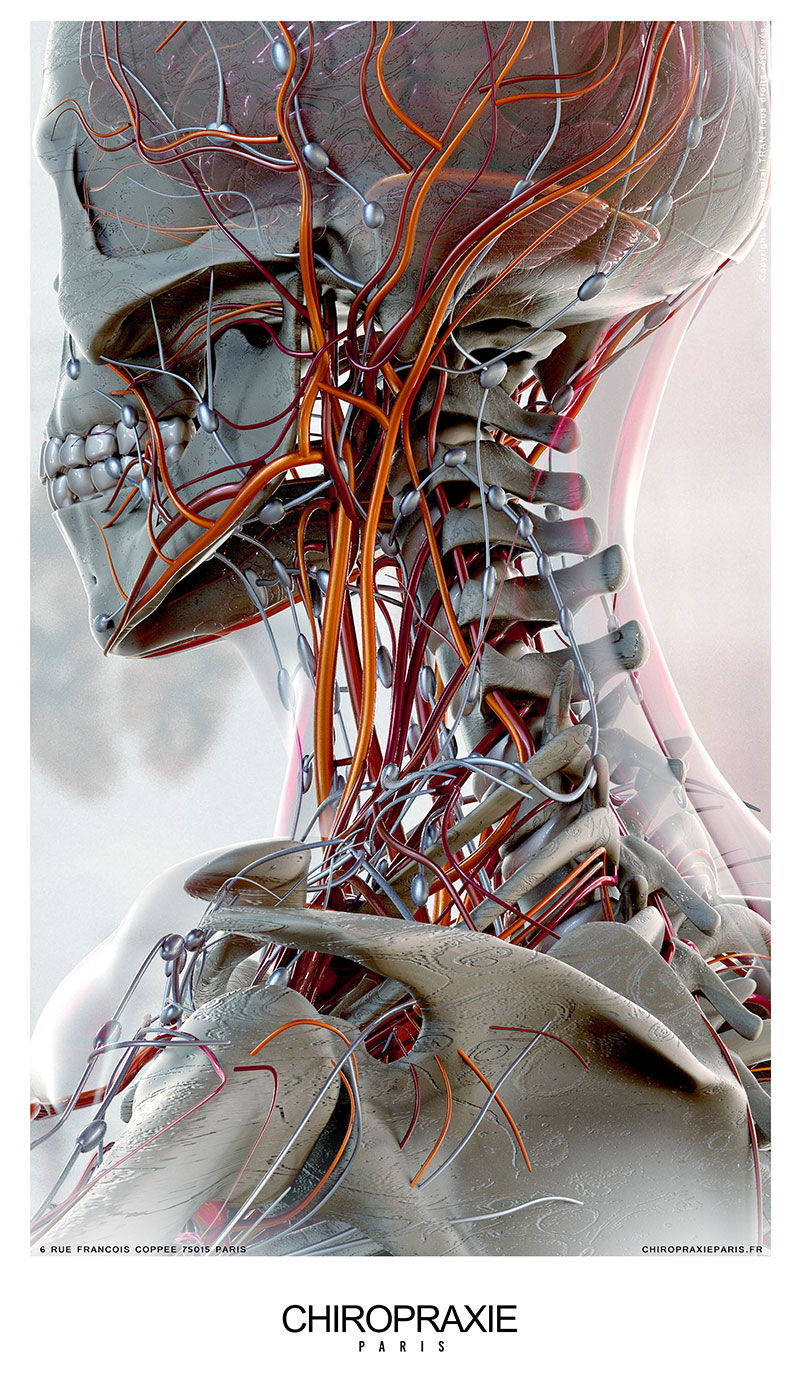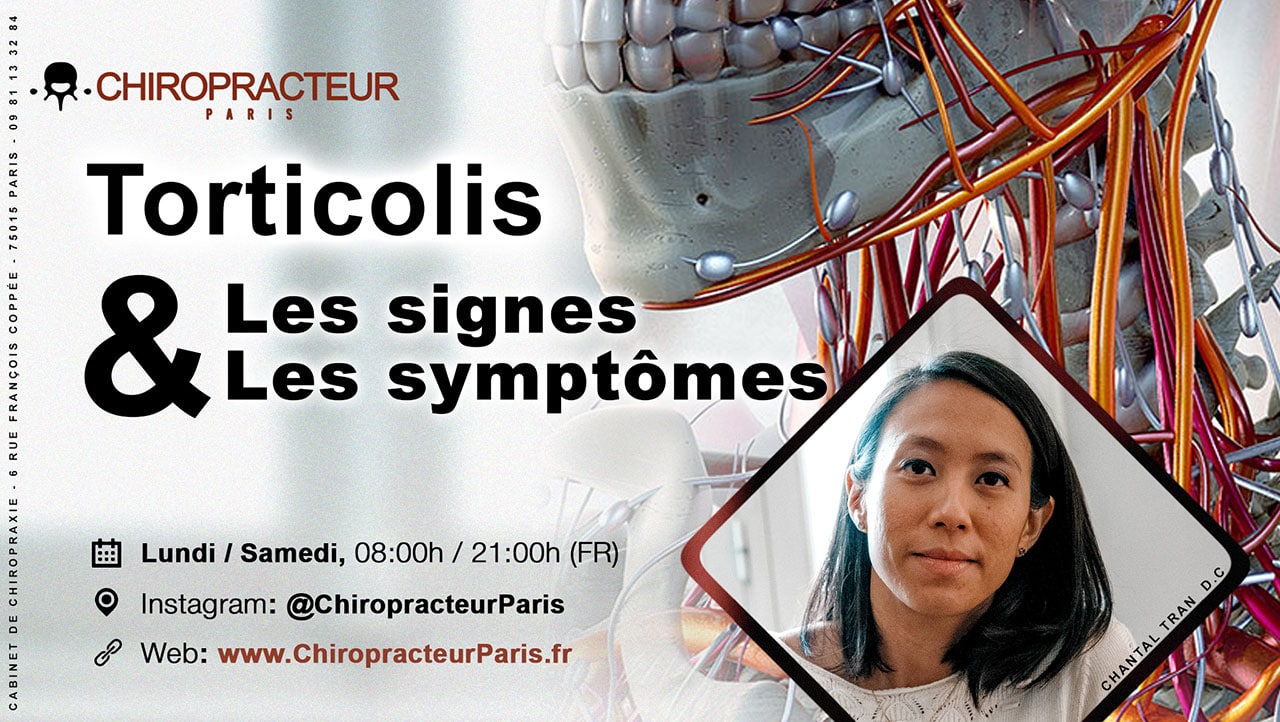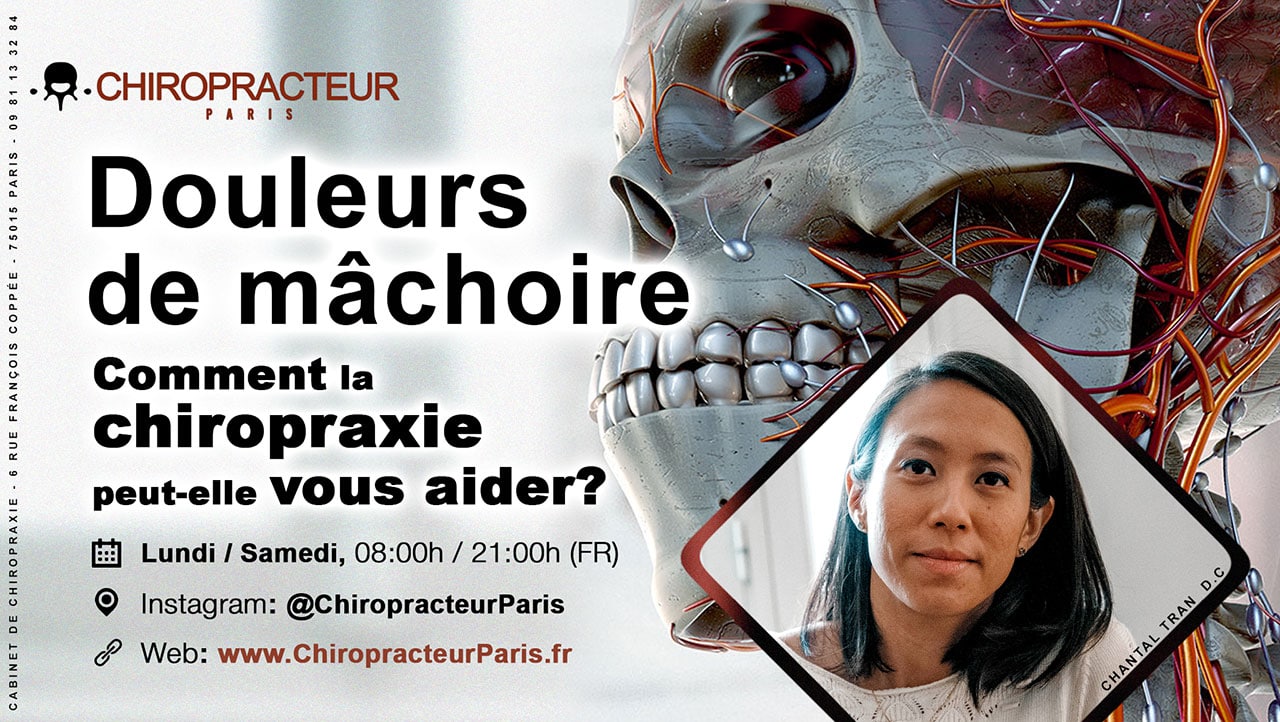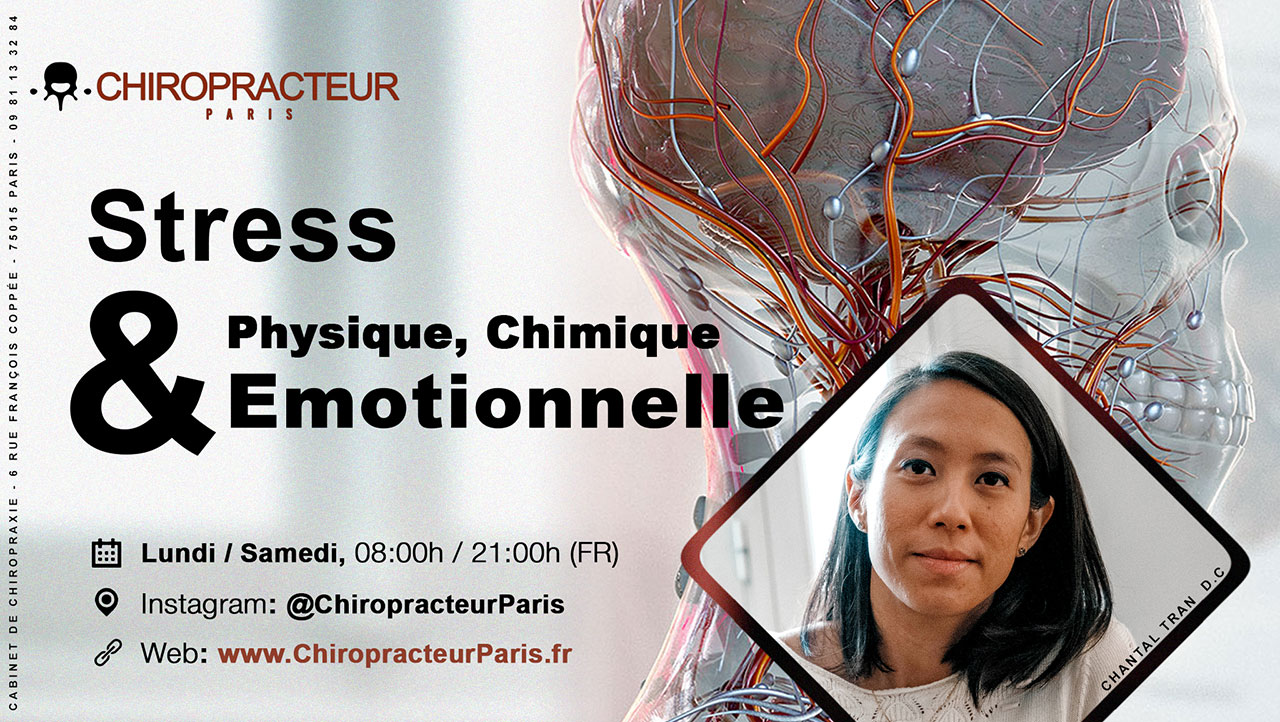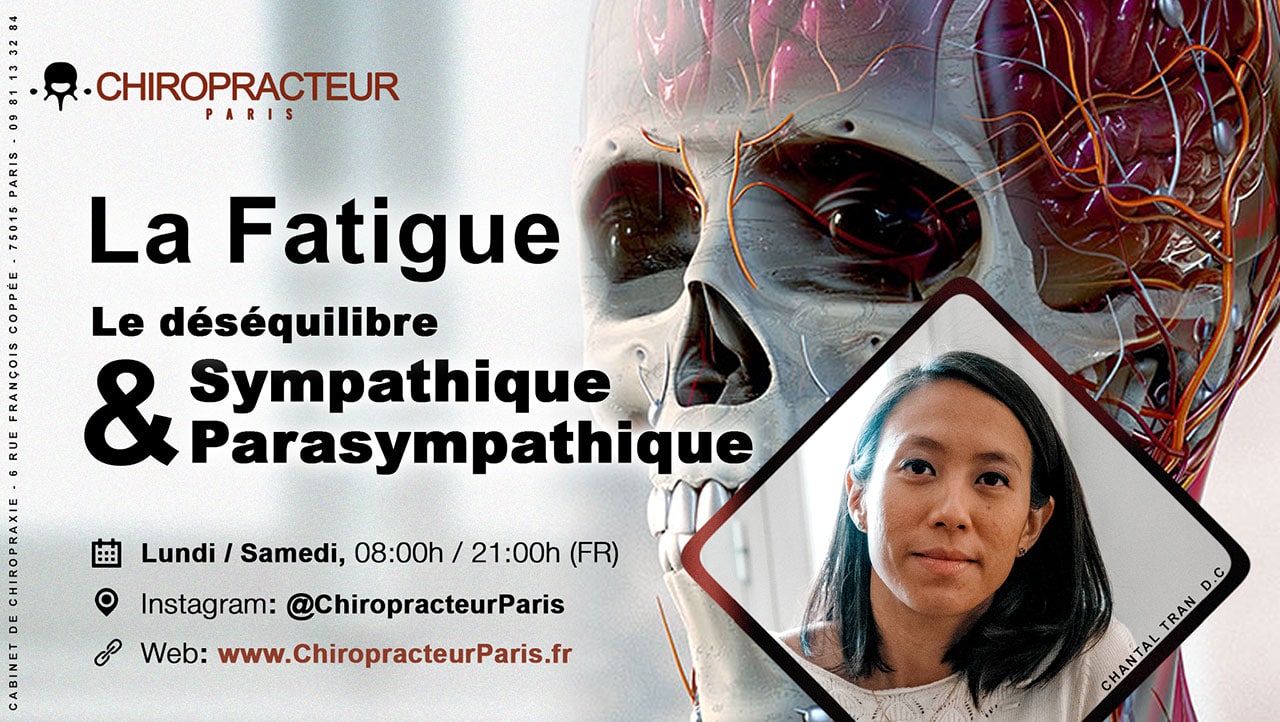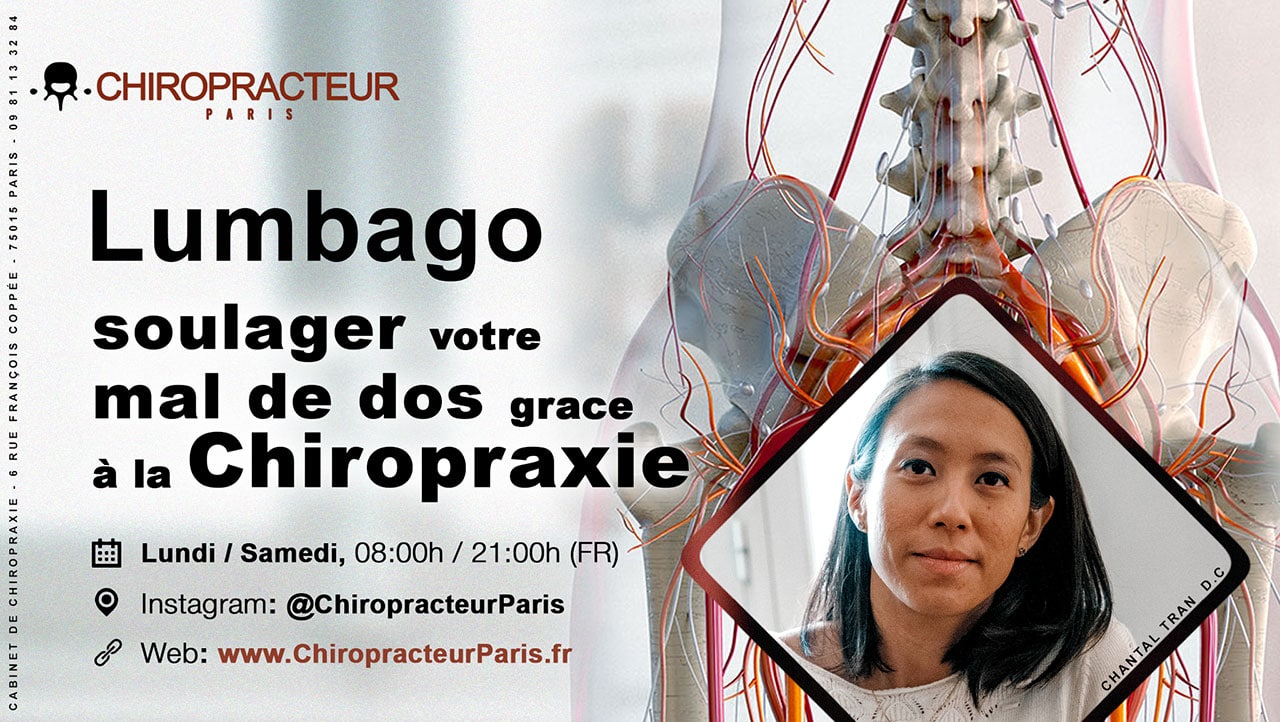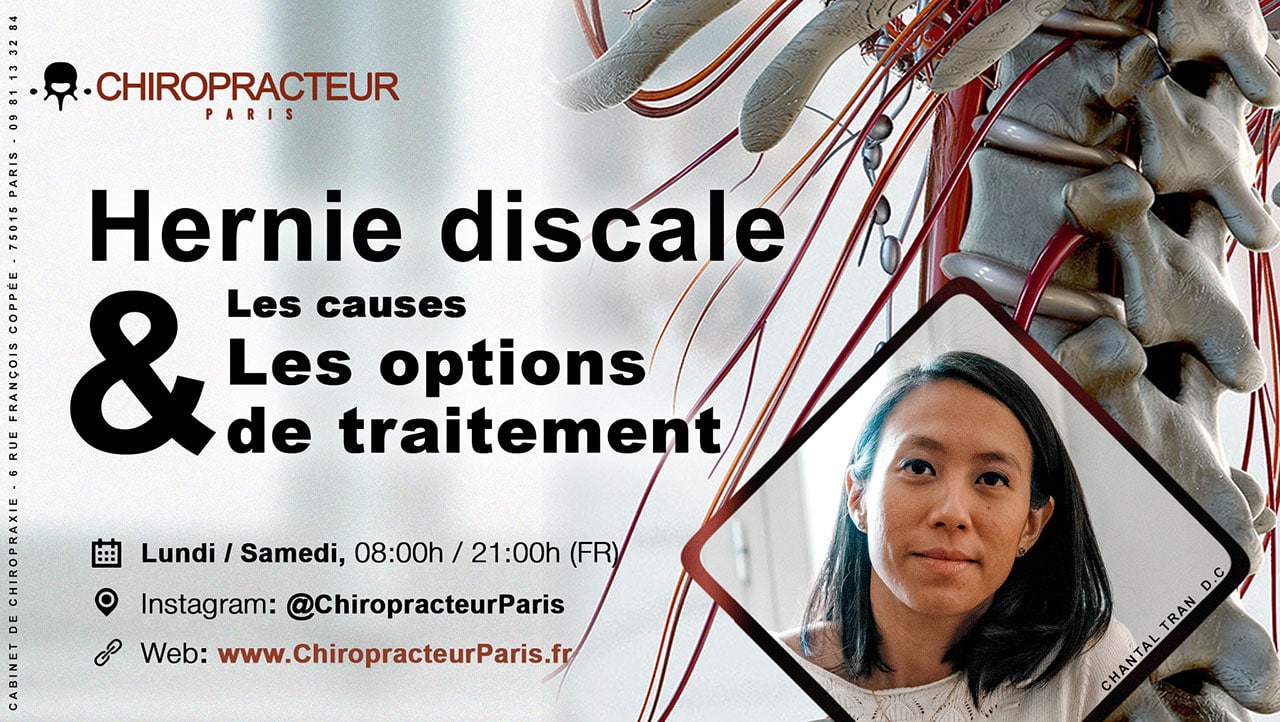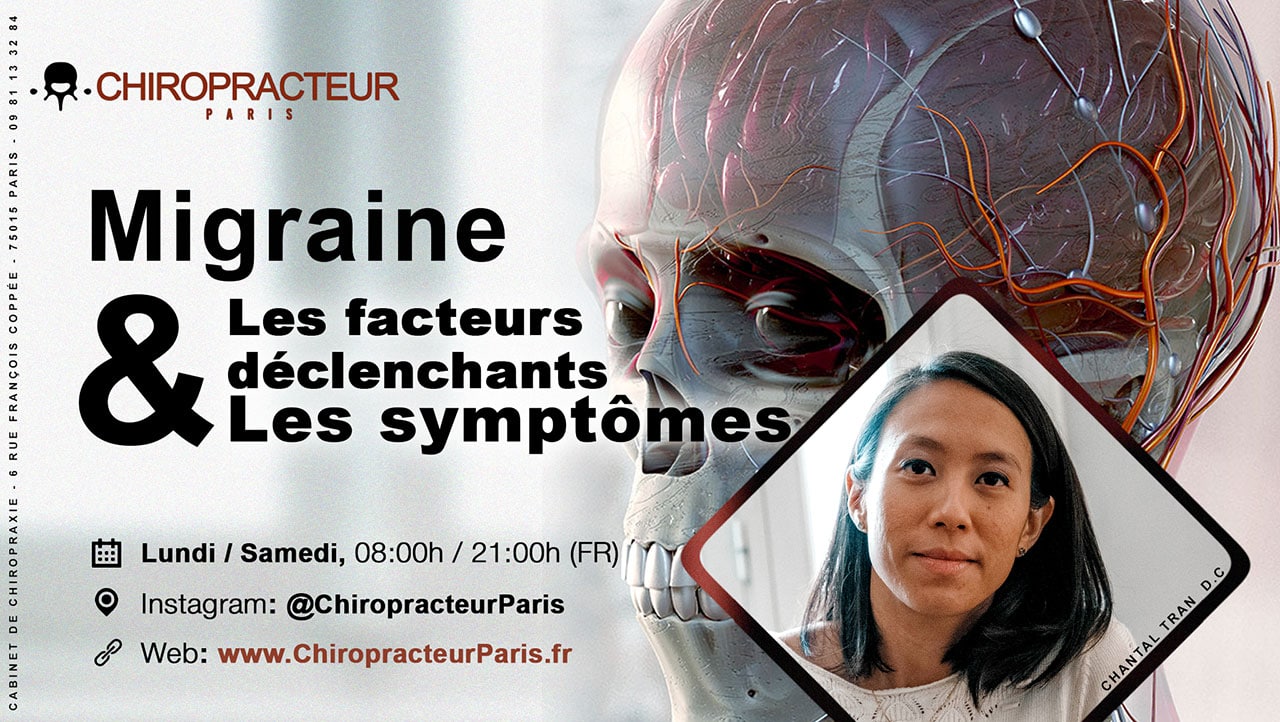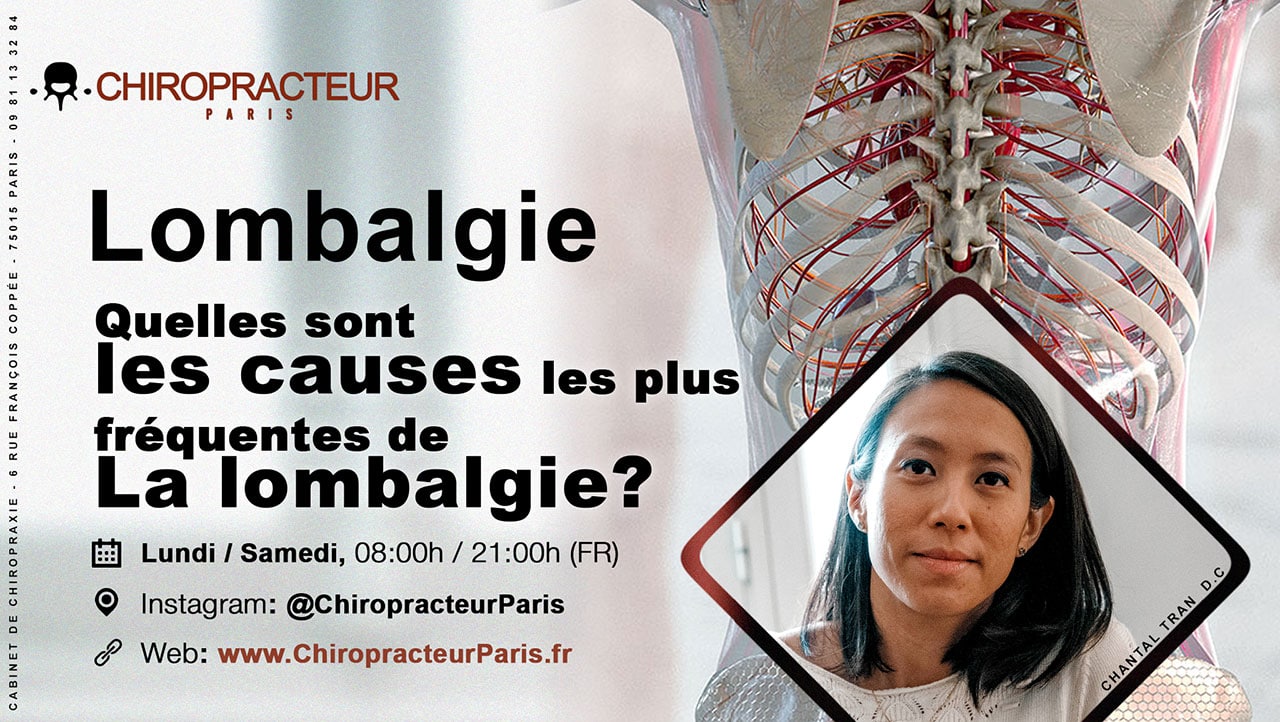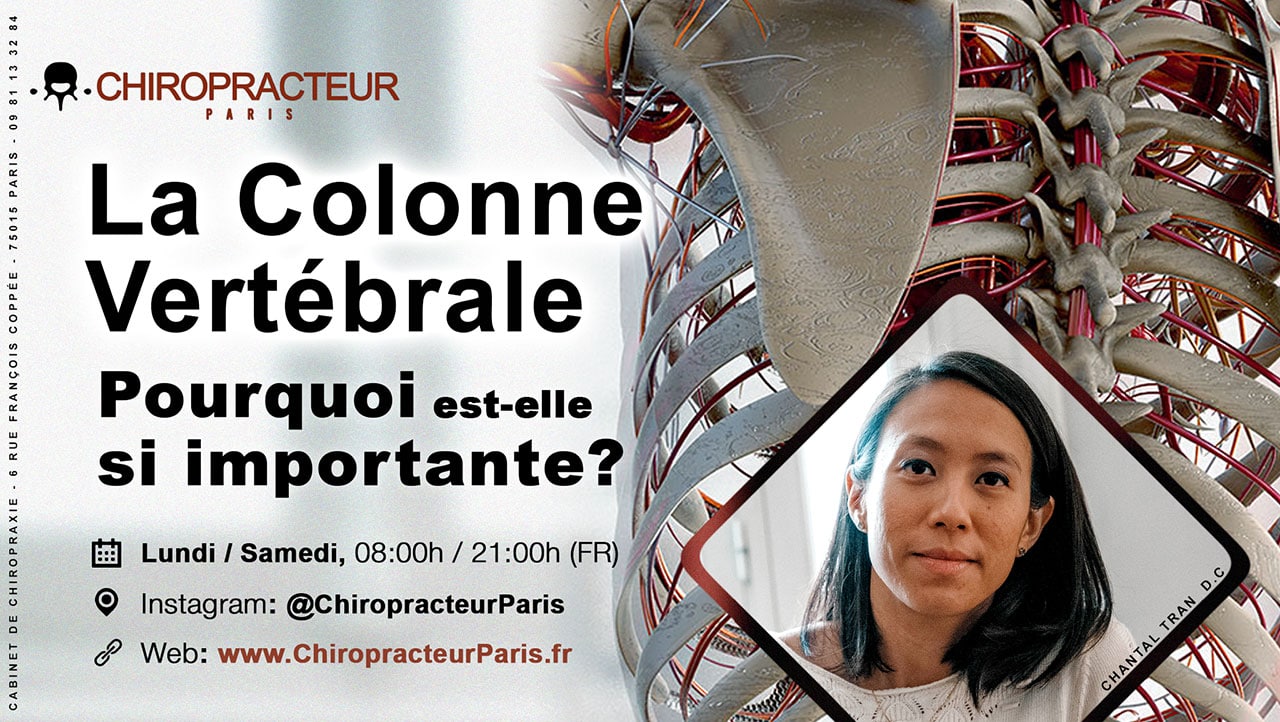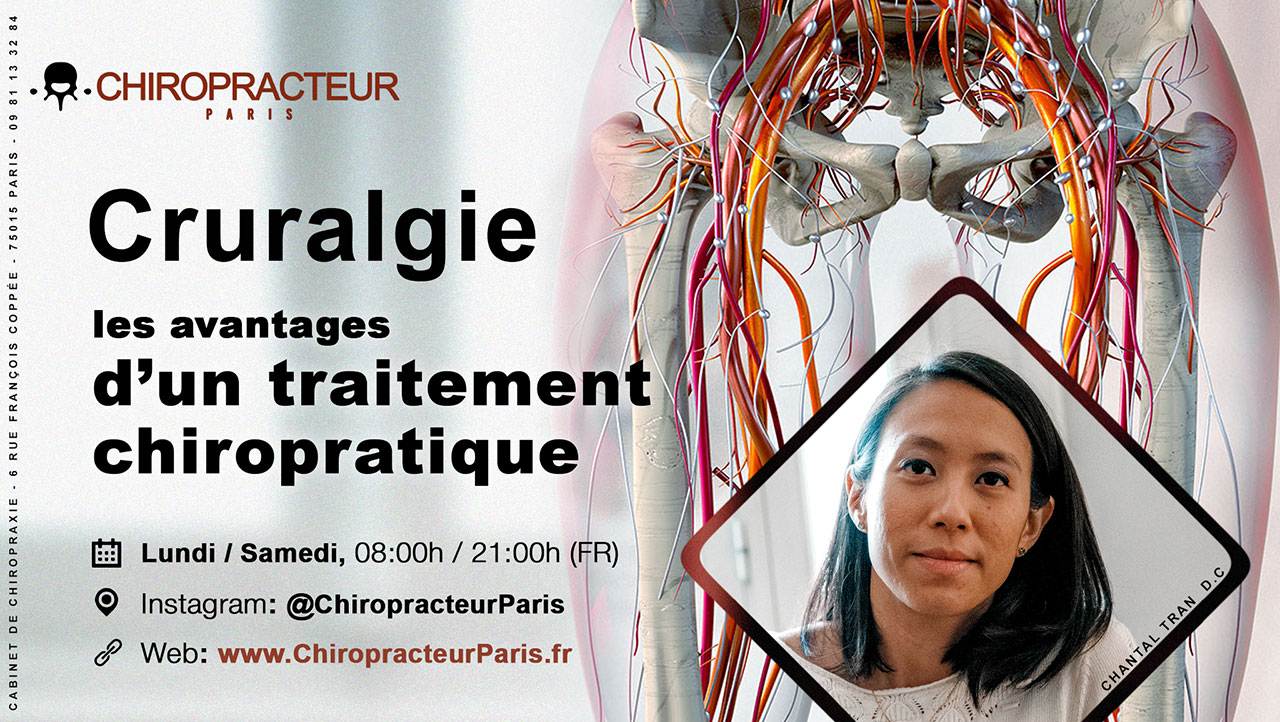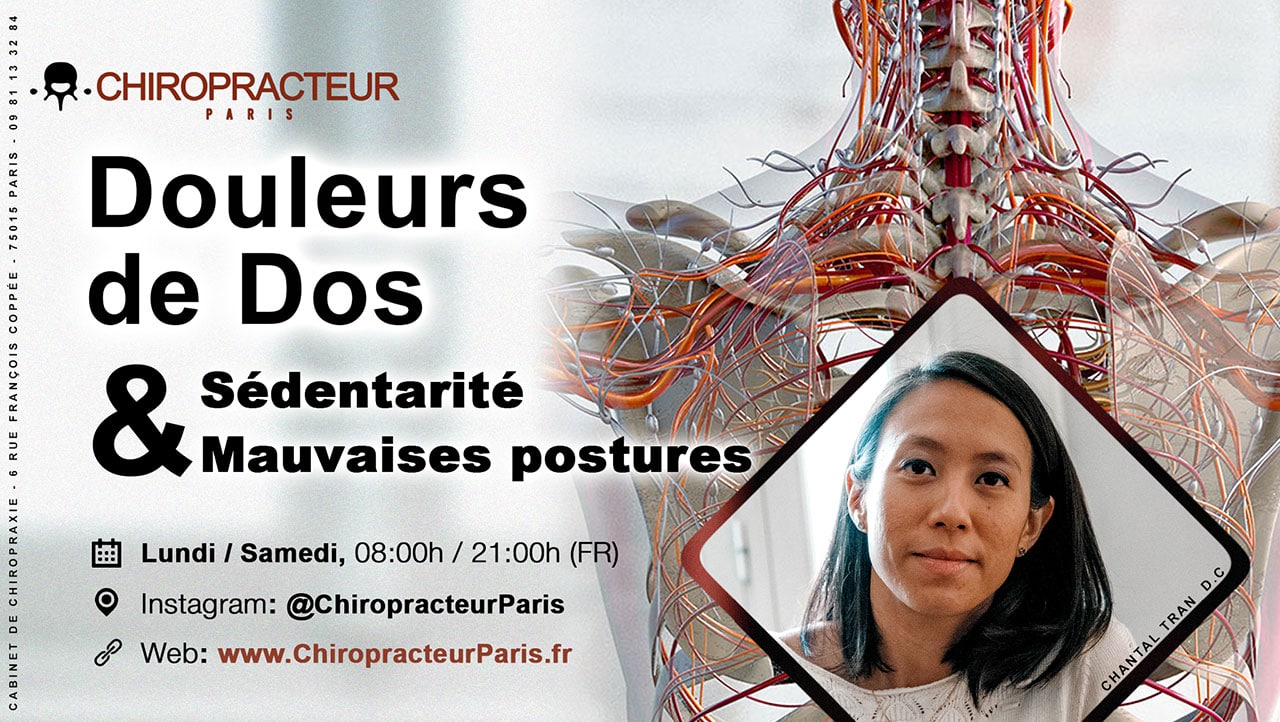Neck pain
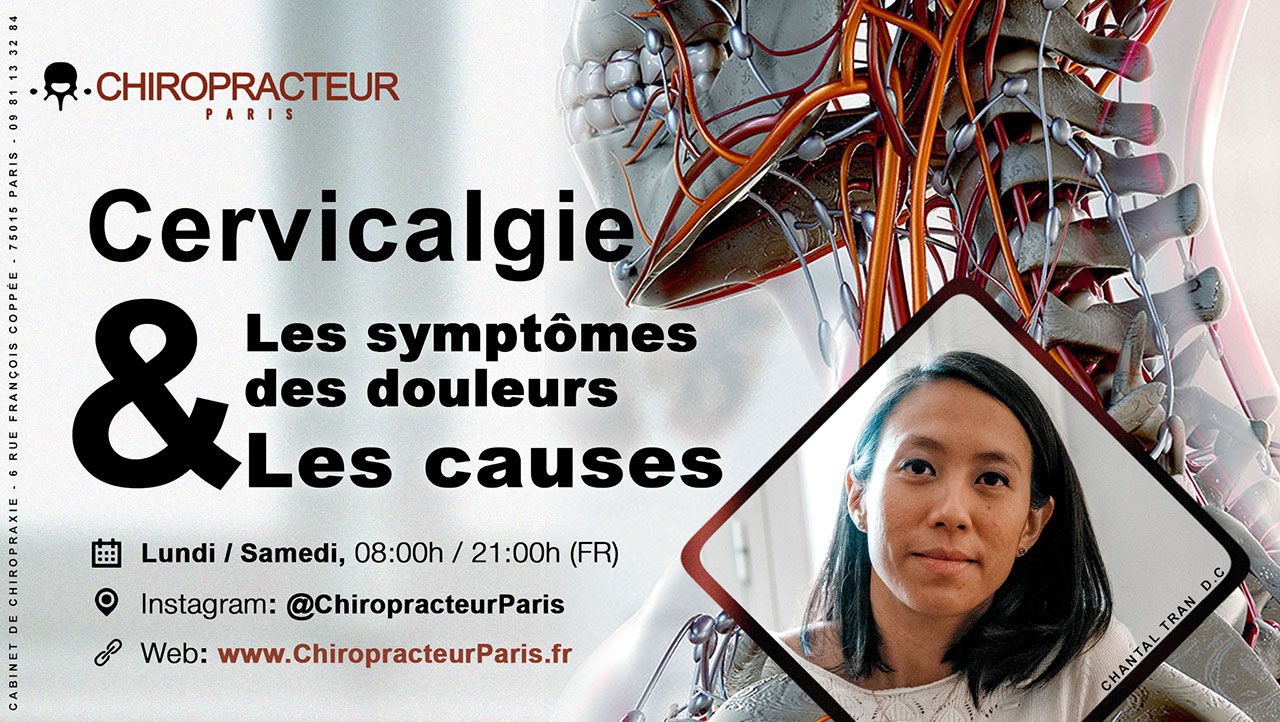
Most people experience neck pain at some point in their lives, but there are ways to prevent or minimize its effects
Neck pain is a symptom of many conditions, including neuromuscular disorders, osteoarthritis, fibromyalgia and herniated discs. It can also be caused by poor posture while sitting or sleeping. You may experience headaches, dizziness and blurred vision, muscle tension or pain radiating from the neck into the arm.
There are two types of neck pain:
- mechanical (usually caused by muscle tension and joint stiffness)
- inflammatory (usually caused by nerve or disc damage)
Treatment for both types of pain includes physical therapy exercises to stretch or strengthen muscles, as well as the application of hot or cold compresses to reduce inflammation.
Treatment may also include spinal manipulation called adjustment by your chiropractor.
What is neck pain?
Neck pain is a general term for pain in the area from the neck to the shoulders. It can last from a few days to several months.
Neck pain is one of the most common types of chronic pain and is often caused by stress, poor sleep habits, injury or postural problems.
What are the symptoms of neck pain?
Neck pain can range from a mild sensation of pain in the neck to a sharp or stabbing pain. The pain may also radiate to the back of the head or down one or both arms. Some people with neck pain experience numbness or weakness in their hands. Other symptoms include headaches, dizziness and loss of concentration.
Neck pain may be worse when you get up in the morning, after sitting for long periods of time or when you turn your head to look over your shoulder.
Which nerves in the neck are affected by neck pain?
The nerves in the neck that are affected by neck pain are primarily the nerves of the cervical spine. The nerves in this area of the body are primarily sensory nerves, meaning that they send information from the skin to the brain, but some also perform motor functions.
Sensory functions include pain, temperature and proprioception (the ability to determine where your limb is without looking at it). Motor functions include muscle contractions and changes in blood vessels.
What causes neck pain?
The causes of neck pain can vary. Neck problems often stem from one or more of the following causes:
- postural problems
- stress
- jaw disorder
Causes of stress-related neck pain can be due to:
- poor sleeping habits
- to an accumulation of emotional tensions
- an inability to cope with stress (a feeling of helplessness or
- loss of control)
- physical problems such as a poor work environment
- relationship difficulties
How is neck pain diagnosed?
The diagnosis of neck pain is usually based on your symptoms and the results of a physical examination. Imaging tests, such as X-rays, may be ordered.
Who is affected and at what age can you get neck pain?
Neck pain can affect anyone, at any age. Neck pain is a common symptom in people over the age of 40, but it can also occur at any time in younger people.
How long will it take me to recover from neck pain?
Many people improve their condition by taking care of themselves, for example by adopting new posture habits and especially by regaining movement. This may take a few days or weeks. In other cases, it may take months or years to recover from neck pain without treatment. This varies from person to person and depends on the cause of your pain, its intensity and frequency.
What are the treatments for neck pain?
There are many different treatments available to manage neck pain, such as chiropractic.
Can neck pain cause dizziness?
Neck pain can sometimes cause dizziness. This is because the nerves and joints in your neck also control your balance. If you are suffering from neck pain, it is important to see a health care specialist to make sure there is nothing more serious going on. There are many different treatments for neck pain, such as chiropractic care, that can help improve your balance and reduce your dizziness, floating sensations or vertigo.
How do I know if my dizziness is due to my neck?
If you are experiencing dizziness, it is important to see a medical professional to make sure there is nothing more serious going on, including an ENT specialist. There are many treatments for neck pain, such as chiropractic care, that can help improve your balance and reduce your dizziness. However, if you're still not sure if your dizziness is coming from your neck, there are a few questions you can ask yourself to help determine the cause:
- Do I feel better when I don't move my head?
- Do I feel better when I am lying down?
- Do I feel better when I lean on something?
- Do I feel better when I close my eyes?
- Do certain positions make dizziness worse?
Should I wear a neck brace for neck pain?
A neck brace can provide support for people with neck pain, but it is not always advisable to wear one because it can sometimes do more harm than good. If you have a stiff neck and you think your pain may be related to a car accident or other injury, you can wear a neck brace, but if there is no trauma, wearing a neck brace can create joint stiffness and lengthen recovery time.
How to relax the neck muscles?
To relax the neck muscles, here's what you can do:
- Lie on your back and let your neck fall without bending it forward, consciously relaxing the muscles in your shoulders, neck and jaw.
- Place your fingers at the base of the head, at the back of the skull, and feel the tense muscles, which you can relax by applying gentle pressure to them.
- In active or passive, think of stretching the muscles rather in opening and extension of the arms, shoulders and neck.
This exercise can be useful before going to sleep or just after waking up in the morning.
Which examination for neck pain?
In order to diagnose the cause of neck pain, your chiropractor will typically perform a physical examination and ask about your history of trauma, habits, drug treatment and medical problems. In addition to these assessments, your chiropractor may order x-rays, an MRI or CT scan for a more thorough examination.
How to naturally relieve neck pain?
If you suffer from neck pain, try to determine what you repeat on a daily basis that causes this pain: bad bedding, pillows, bad posture in front of a screen or a telephone, sedentary lifestyle... This will help reduce muscle stiffness and the risk of aggravating the pain.
However, if your pain does not improve, consult your chiropractor.
How to relieve neck pain at night?
If you suffer from neck pain at night, here are some tips to help you:
- Apply a heating pad (muscle pain) or an ice pack (joint pain) for a few minutes on the affected area for temporary relief.
- Try to use a pillow that is adapted to your physiology to support your head and neck, usually medium-firm and not too high.
- Stretch your neck muscles before bedtime or in the morning as needed.
How to treat neck pain?
Neck pain is a common problem that can be treated with natural remedies, but if the symptoms persist for more than 3 to 6 months, you should consult your doctor. By using natural remedies such as applying ice to the back of the neck, taking an anti-inflammatory medication, manual therapy or physical rehabilitation, you can find effective solutions when you are in pain.
How to treat cervical migraines?
Cervical migraines are a very specific type of headache, tension headache, that occur on one side of the head and are often, but not always, accompanied by neck pain. It is important to know what triggers your headaches so that you can avoid them as much as possible.
Common causes of neck pain include:
- poor posture
- sleeping with an ill-fitting or uncomfortable pillow.
- increased stress or anxiety levels
- using a computer for extended periods of time
- telecommuting, in an unsuitable environment.
Can chiropractic treat neck pain?
Although there is no specific treatment for neck pain, chiropractic care can be helpful. Chiropractic care aims to reduce tension in the muscles. Chronic neck pain can be caused by structural problems or poor posture, so it is important to find the root cause through an assessment and a chiropractic session.
What are the differences between neck pain and neck osteoarthritis?
There is an important difference between neck pain and osteoarthritis of the neck. Neck pain is caused by a number of different things, such as mechanical or inflammatory pain related to poor posture or sleeping with an ill-fitting or uncomfortable pillow. Osteoarthritis of the neck, on the other hand, is the normal aging of the cervical joints if not premature and is the cause of stiffness in your neck. It usually indicates a decrease in cervical range of motion and "gritty" sounds that rub when you move your head. Cervical osteoarthritis is not painful if there is no joint inflammation.
What is the pain caused by cervical osteoarthritis?
Although neck pain is common, osteoarthritis of the neck is not. Osteoarthritis of the neck causes stiffness in the neck. It usually indicates that you are getting older. Premature aging of the neck joints can be caused by either repeated improper movements or prolonged head bending.
How to avoid neck pain?
- Sit in a chair with a good upright posture and stand up regularly, every hour to reduce muscle tension and the risk of aggravating the pain.
- Try to use a medium-firm pillow at a good height to support your head and neck.
- Stretch your neck muscles.
- Apply a heating pad or ice pack to the affected area for temporary relief.
- Avoid sleeping on your stomach to avoid twisting your neck.
Do you have a sore neck?
Chiropractic care is beneficial in relieving neck pain, especially when the cause of your neck pain stems from structural problems or poor posture.Your chiropractor can help identify and treat these underlying issues while performing gentle adjustments to relieve tension in the muscles.
If you suffer from chronic neck pain, it's important to make an appointment with your local chiropractor today!

